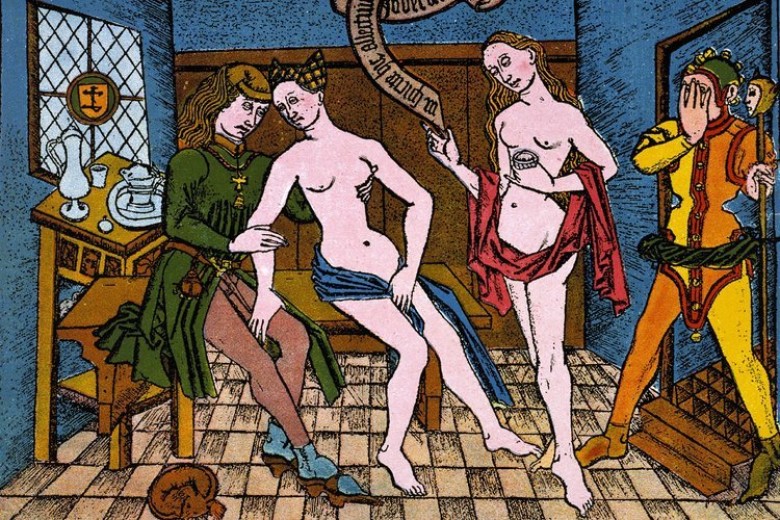
WEIGHT: 51 kg
Bust: 2
One HOUR:120$
NIGHT: +90$
Services: Soft domination, Massage professional, French Kissing, BDSM (receiving), Deep Throat
History[ edit ] Middle Ages to Confederation [ edit ] Sex work in historically German lands has never been outlawed and has been described since the Middle Ages.
Some municipalities actively encouraged it and far from existing on the margins, sex workers were often honoured guests, who maintained domestic order as an outlet and lesser evil to such things as adultery and rape. Emperor Sigismund — thanked the city of Konstanz in writing for providing some 1, workers for the Council of Constance which took place from to The so-called Bremer Regulations of stated that prostitution was "not a trade in the true sense".

By this distinction between prostitution and other trades, immorality of prostitution was defined in law.
While sex work was tolerated as a necessary function to provide for male sexuality outside of marriage, it was frowned on as a threat to contemporary moral images of women's sexuality. Therefore, state policy concentrated on regulation rather than abolition. This was mainly at the municipal level. The Criminal Code of prohibited brothels and "commercial fornication". In the version, however, prostitution was only punishable if the woman worked outside police supervision.

Controls were particularly tight in the port city of Hamburg. The regulations included defining the dress and conduct of prostitutes both inside and outside the brothel, thus making the occupation define their lives as a separate class of women on the margins of society. At the beginning of the 20th century, prostitution was considered "harmful to communities". It is estimated that in there were 50, women working in Berlin [9] population December 1, 1,, Weimar Republic — [ edit ] In Weimar-era Germany the economy collapsed due to the loss of the First World War and the imposition of war reparations at the Treaty of Versailles.



































